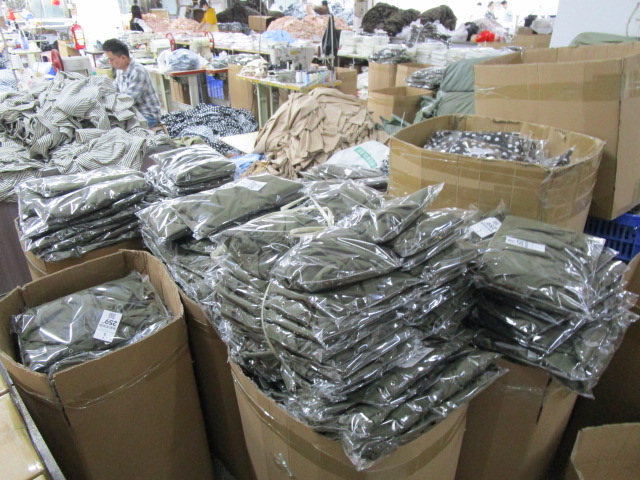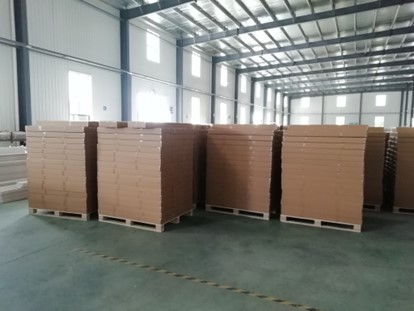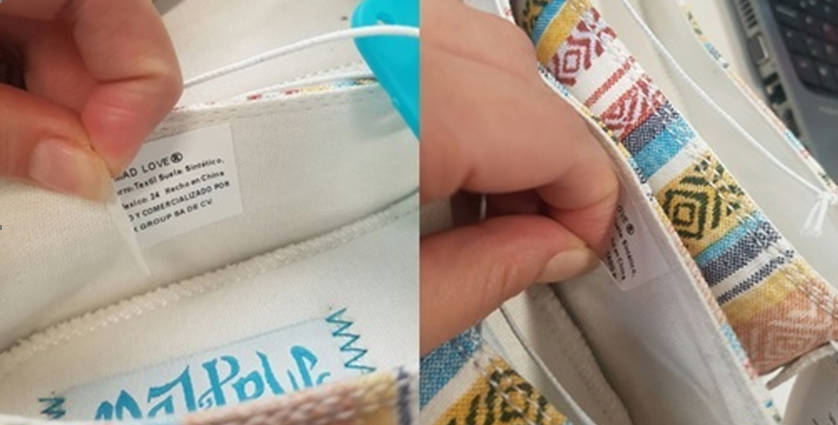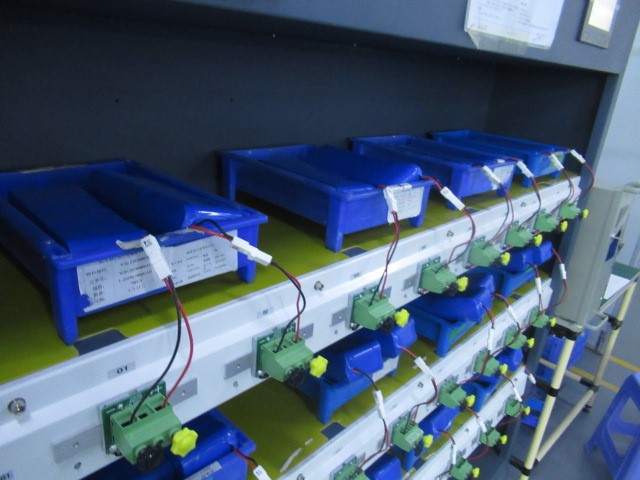
As global business operations expand, many companies outsource their production to manufacturers in countries like China. While this strategy can significantly reduce costs, it also presents challenges in maintaining product quality. One critical tool to address these challenges is the pre-shipment inspection (PSI). This article explores what a PSI is, how it is conducted by NBN, and the essential benefits of utilizing this service for businesses.

Contents
What is a Pre-Shipment Inspection (PSI)?
A pre-shipment inspection (PSI) is a vital quality control process conducted before goods are shipped from the manufacturer to the buyer. It serves as the final verification to ensure that the products meet the quality standards agreed upon by both parties. Typically, the inspection is carried out when production is at least 80% completed and the goods are packed for shipment. The PSI is also known as a Final Random Inspection (FRI) because it involves selecting random samples from the shipment to perform a thorough quality assessment.
How Does NBN Perform the Pre-Shipment Inspection?
NBN conducts pre-shipment inspections in accordance with the internationally accepted standard ANSI/ASQC Z1.4 (ISO 2859-1). Here’s a detailed look at NBN’s PSI process:
1.Sampling: The inspection team randomly selects samples from the shipment, ensuring that the selection is representative of the entire batch.
2. Comprehensive Quality Assessment: The chosen samples undergo a series of tests and inspections, including:
- Workmanship: Checking for any defects or inconsistencies in the manufacturing process.
- Quantity: Verifying the number of items in the shipment matches the order.
- Style and Colors: Ensuring that the products conform to the specified styles and colors.
- Artworks and Labels: Confirming that all artworks and labels are correct and properly applied.
- Dimensions and Weight: Measuring the products to ensure they meet the specified dimensions and weight.
- Shipping Marks: Checking that all shipping marks are accurate and properly placed.
- Packing and Packaging: Inspecting the packing materials and packaging to ensure they protect the goods adequately.
- Product Tests: Conducting tests to assess product function, performance, durability, and safety.
- Client’s Requirements: Executing any specific requirements provided by the client.
3. Documentation and Reporting: NBN’s inspection team takes photographs of the products and documents any defects or issues found during the inspection. This comprehensive report provides a clear overview of the quality and condition of the goods.
Why You Need a Pre-Shipment Inspection
Pre-shipment inspections offer several crucial benefits for businesses:
1.Ensuring Product Quality: PSIs verify that the goods meet the quality standards agreed upon with the manufacturer. This is especially important when dealing with manufacturers in other countries, where differences in quality standards and cultural norms may exist. Identifying quality issues before shipment allows for corrective action or negotiation with the manufacturer.
2. Minimizing Procurement Risks: PSIs help identify damaged or defective goods before they are shipped. Manufacturing and shipping processes can sometimes result in damage or defects not immediately apparent. By catching these issues early, businesses can take necessary corrective actions, preventing costly returns or disputes.
3. Compliance with Packaging and Labeling Requirements: Different countries have varying packaging and labeling requirements. A PSI ensures that goods meet these requirements, avoiding costly delays or rejections at the border. Proper packaging and labeling are critical for smooth customs clearance and product handling.
4. Enhanced Supply Chain Efficiency: By providing a detailed understanding of the average quality level of a batch of goods and a thorough defect classification, PSIs help businesses improve supply chain quality control efficiency. This process provides a reliable basis for deciding whether to approve a shipment or take corrective measures.
5. Building Trust with Clients: Consistently delivering high-quality products builds trust with clients. A PSI helps maintain this trust by ensuring that every shipment meets the client’s expectations and contractual obligations.
Conclusion
In an increasingly interconnected world, maintaining product quality across international supply chains is paramount. Pre-shipment inspections, such as those conducted by NBN, offer a robust solution for businesses to ensure their products meet the desired quality standards before reaching the market. By implementing PSIs, companies can significantly reduce risks, enhance supply chain efficiency, and build stronger relationships with their clients, ultimately leading to greater business success.




